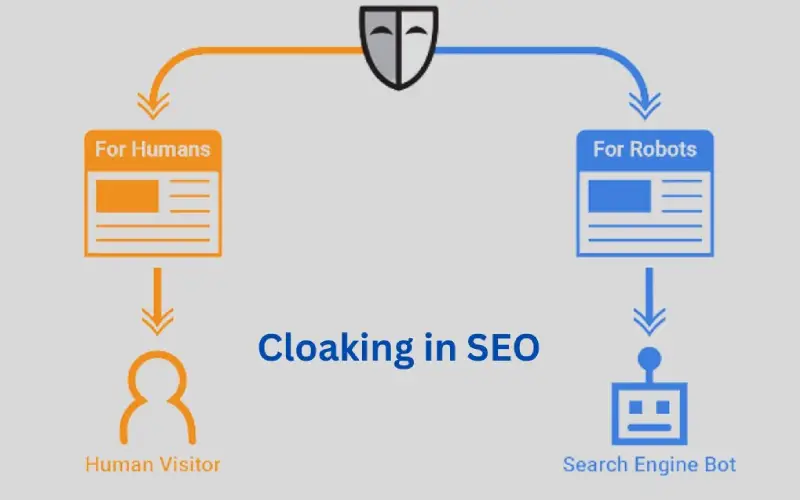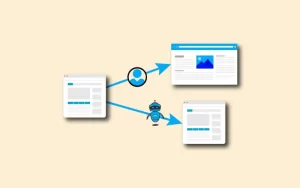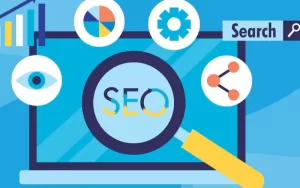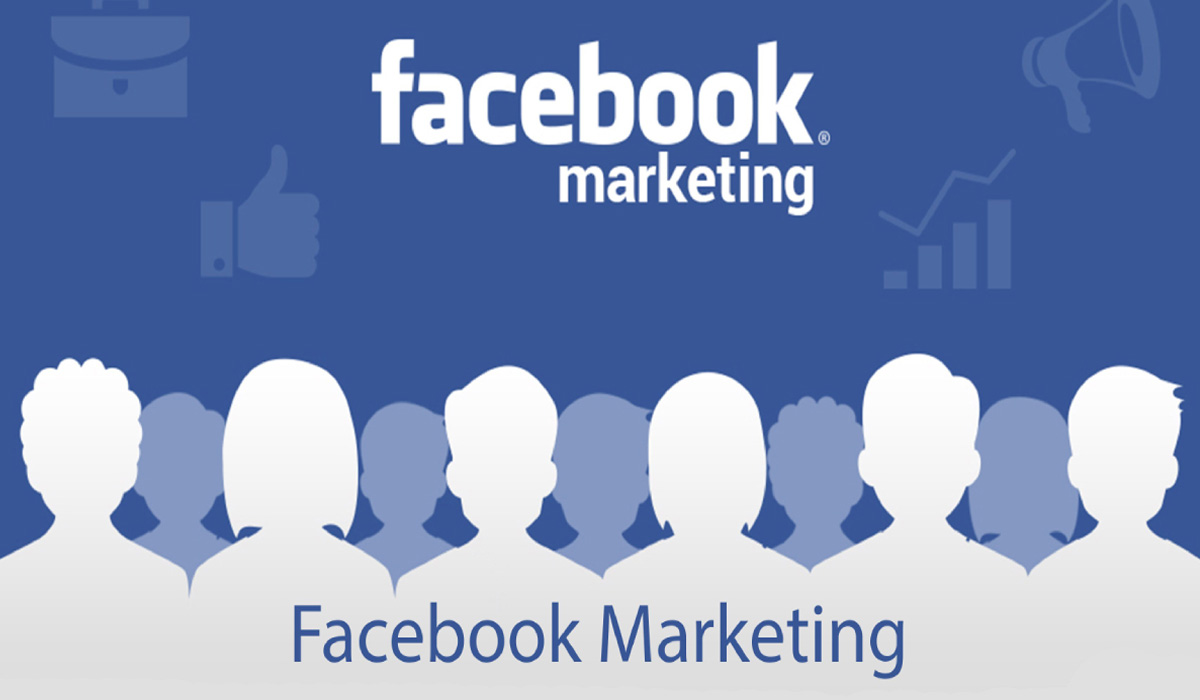
When it comes to the usage of the word “clocking” in relation to site efficiency, it indicates how long the particular website takes to load. Website speed is very important. Here are some of the consequences that are likely to result from slow-running pages: If a site takes a long time to open, visitors are likely to leave the site and not visit the site again. That means a user will not be happy when he or she visits a website that takes time to load, especially if the aim of the visit is to purchase a product or seek services.
Nowadays, many Internet users come across different problems when browsing sites, and one of them is clocking a website, which we will discuss in this article. We will also explain how it is possible for any business to feature the benefits of associating with an experienced SEO company in Gurgaon or one of the best digital marketing companies.
What is Website Clocking?

Website clocking can therefore be defined as the negative rate at which a website is able to load. That means when a user typed a URL on the browser and clicked, they expected that the webpage would appear immediately. When the page takes too much time to load or shows a circle which keeps spinning, it is referred to as clocking.
- There are occasions, however, when people get confused between “cloaking” and “clocking.”
- Cloaking is a form of SEO fraud in which different content is provided to the user and the search engine.
- The term clocking refers to a specific time when a website takes to load for a specific user.
Why is Website Speed Important?

- Better User Experience
Fast websites make users happy. This slows down the overall site, which is not good for the visitors, most of whom will end up leaving the site.
- Higher Rankings on Google
Google prefers fast websites. For this reason, if your site slows down, it will affect your rankings since your visitors have a way of understanding that there is a problem.
- More Conversions
This is due to the fact that a faster website means more sales or forms filled, or even more sign-ups if it is a subscription-based site.
- Good for Mobile Users
Most people browse on their phones. Slow mobile sites lose customers.
That is why most companies approach an experienced SEO company in Gurgaon for help to address such problems and spur site performance.
Common Reasons for Website Clocking

Below are some of the reasons that can make a website have a slower clock or page loading speed:
- Large Image Sizes
Large pictures on your website mean more time spent during loading and therefore need to be optimised.
Solution:
Learn how to compress an image file without losing its quality.
- Poor Hosting Service
Cheap web hosting tends to make one go slow.
Solution:
Select a web hosting firm that is endorsed by the best digital marketing agencies.
- Too Many Plugins
Another sign is when your website has unmaintained or unnecessary plugins because those put a dent in the website’s speed.
Solution:
Uninstall or disable useful but unused extensions/browsers, utilities and languages.
- Unoptimized Code
One of the biggest issues that can affect site performance is when the site relies on heavy JavaScript and CSS files.
Solution:
Optimise CSS and JavaScript assets and reduce their number by combining files, where possible.
- No Caching
Without caching, all the contents of your website are retrieved from scratch every time they are requested.
Solution:
Hypercache is an excellent example of a caching plugin that can help you optimise your site’s performance.
How to Check if Your Website is Clocking

Some other free tools that you can use to check the speed of your website include:
- Google PageSpeed Insights
- GTMetrix
- Pingdom Tools
These tools will indicate your current speed and how you can improve it. But if it sounds a bit technical, then consulting digital consulting services for small businesses can actually be helpful.
How to Fix Website Clocking

Here are the management techniques that can help fix and prevent clocking:
- Optimise Images
- Compress images
- Use proper formats like WebP
- Choose Good Hosting
- Choose a reliable hosting company
- Utilise CDN (Content Delivery Network)
- Clean Your Website
- Remove unused plugins and themes
- Update all plugins regularly
- Minify Code
- Minify your HTML, CSS and JavaScript
- Use code optimisation plugins
- Enable Caching
- It means the next time a visitor returns to your site, web browser loading is faster because certain files are stored locally in the browser cache.
With the assistance of the best digital marketing companies, such fixes can be incorporated into an approach effectively.
How Clocking Affects Businesses

And website clocking is not only about degrading the user experience, it can harm business in many ways:
- Loss of Customers
Customers will leave the slow-loading sites and instead opt to use other faster sites that can offer them the same services.
- Less B2B Leads
For those in the business that sell services to other businesses, that is B2B, this is a way of telling you that slow websites lead to few inquiries. Having a slow website makes it challenging to use b2b lead generation services.
- Poor Brand Image
These tendencies have resulted in slow sites that appear unprofessional and merely unreliable.
Final Thoughts
By clocking on a website, what this means is a slow page load, something that will cost your business a great deal. From bottoming out on Google search to a drop in customer numbers, the threats cannot be underestimated. However, this is something that can quickly be resolved if you seek help as soon as you can.
If your website is like a clock, then seeking experienced SEO service in Gurgaon or finding digital consulting services for small businesses will be extremely helpful. Furthermore, companies that rely on online customers can expand their participation levels by implementing website speed optimisation executives together with b2b lead generation services.
As you know, in the world of cut-throat competition, speed is of the essence, and the last thing that a customer will do is wait for a slow site to load.




